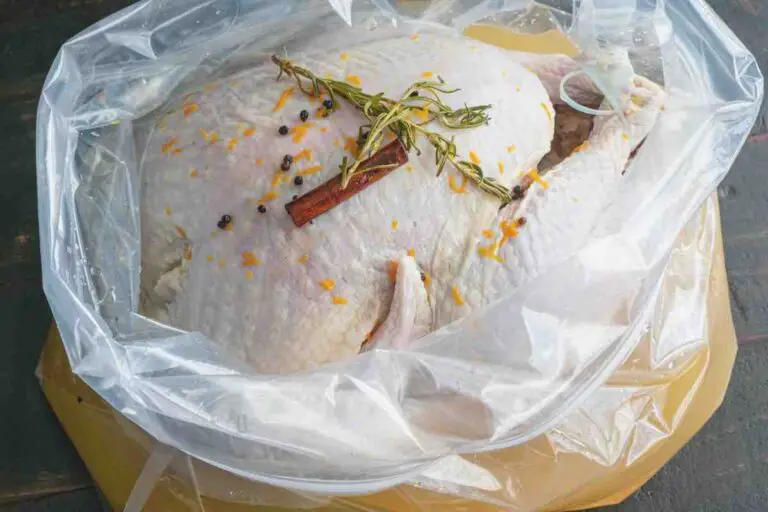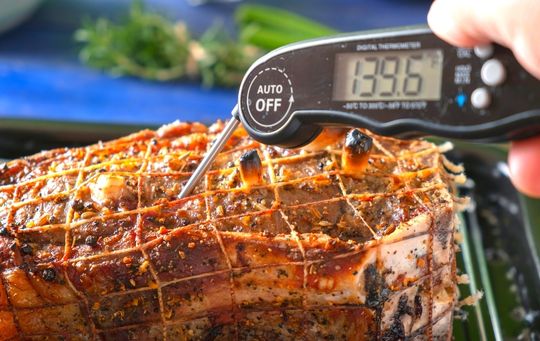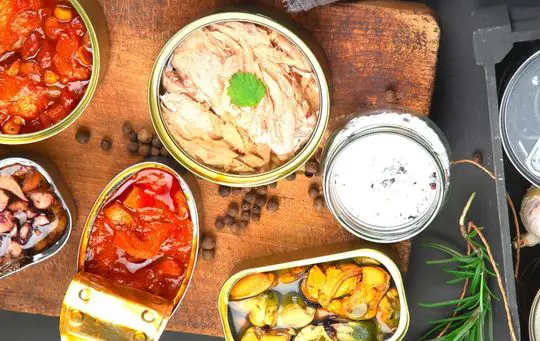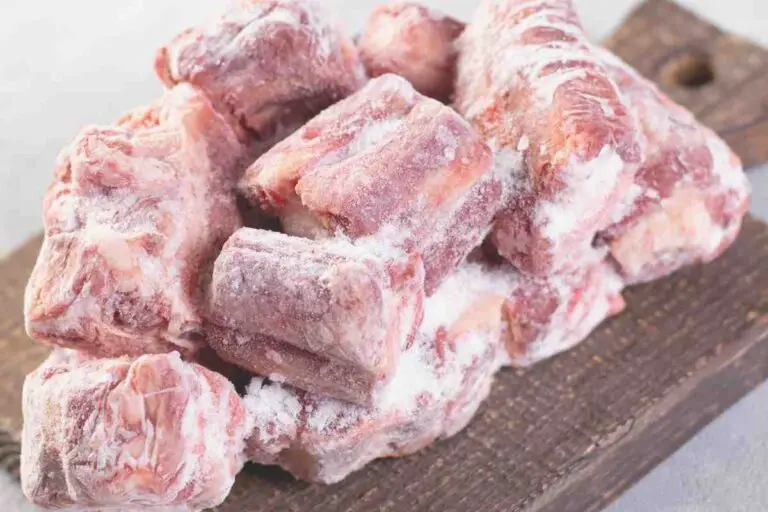Hard-boiled eggs are a versatile and convenient food item, perfect for salads, sandwiches, or as a quick and nutritious snack. But what happens when you find yourself with an excess of hard-boiled eggs, and you want to extend their shelf life? Can you freeze hard-boiled eggs, and if so, how do you thaw them without sacrificing taste and texture?
Can Frozen Hard Boiled Eggs Be Thawed? Yes, frozen hard-boiled eggs can be thawed. The recommended methods include thawing in the refrigerator, cold water thawing, or using the microwave’s defrost setting. Proper thawing ensures they maintain their quality for various culinary uses.

Can Frozen Hard Boiled Eggs Be Thawed?
Yes, frozen hard-boiled eggs can be thawed, but the texture may be affected. When eggs are frozen, the water inside them expands, causing the egg white and yolk to become somewhat rubbery or grainy upon thawing. To thaw frozen hard-boiled eggs, place them in the refrigerator overnight or under cold running water until they’re no longer frozen. While they can still be used for dishes like salads or sandwiches, they may not have the same smooth and creamy texture as freshly boiled eggs. It’s important to avoid thawing them at room temperature to prevent the risk of bacterial growth.
Freezing Hard-Boiled Eggs
Freezing hard-boiled eggs is indeed possible, but there are some essential steps to follow to ensure they maintain their quality. Here’s how you can freeze your hard-boiled eggs:
- Cool the Eggs: After boiling, immediately place your hard-boiled eggs in an ice water bath to stop the cooking process. This helps prevent overcooking, which can lead to rubbery textures.
- Peel the Eggs: Once they’ve cooled down, peel the hard-boiled eggs. This step is crucial, as freezing them with the shell can lead to undesirable results. The shell can become tough and difficult to remove after freezing and thawing.
- Prepare for Freezing: After peeling, pat the eggs dry with a paper towel to remove any excess moisture. Moisture can lead to ice crystals forming on the eggs during freezing, affecting their texture.
- Storage Container: Place the peeled and dried hard-boiled eggs in an airtight container or freezer-safe bag. Make sure to remove as much air as possible to prevent freezer burn.
- Label and Date: Don’t forget to label the container with the date of freezing. This will help you keep track of how long the eggs have been in the freezer.
Thawing Frozen Hard-Boiled Eggs
Thawing frozen hard-boiled eggs requires a bit of patience and the right method to ensure they retain their quality. Here are a few methods you can use to thaw frozen hard-boiled eggs:
- Refrigerator Thawing: This is the safest and most recommended method. Simply transfer the container with the frozen eggs from the freezer to the refrigerator. Allow them to thaw slowly for about 24 hours. Thawing in the refrigerator helps maintain the eggs’ texture and flavor, preventing any loss of quality.
- Cold Water Thawing: If you need to thaw the eggs more quickly, you can use the cold water method. Place the frozen hard-boiled eggs in a leak-proof plastic bag and submerge them in a bowl of cold water. Change the water every 30 minutes to maintain a consistent temperature. This method should take 1-2 hours.
- Microwave Thawing (Not Recommended): While it’s possible to use a microwave to thaw frozen hard-boiled eggs, it’s not the best option. Microwaving can cause uneven heating and may result in overcooking, making the eggs rubbery. If you choose this method, use the microwave’s defrost setting and monitor closely.
Using Thawed Hard-Boiled Eggs
Once you’ve successfully thawed your hard-boiled eggs, you might be wondering how to use them. Thawed hard-boiled eggs are best suited for dishes where texture is less critical, such as:
- Egg Salad: Chopped thawed hard-boiled eggs work wonderfully in egg salad. Simply mix them with mayonnaise, mustard, diced celery, and seasonings for a tasty sandwich filling or topping for greens.
- Deviled Eggs: Thawed hard-boiled eggs can be turned into delicious deviled eggs. Slice them in half, remove the yolks, mix them with your favorite ingredients (mayo, mustard, paprika), and then fill the egg whites for a classic appetizer.
- Potato Salad: Add thawed hard-boiled eggs to your potato salad for extra protein and flavor. Chop them into small pieces and toss them with boiled potatoes, mayo, mustard, and seasonings.
- Chopped Salad: Incorporate thawed hard-boiled eggs into your chopped salads for added protein and a creamy texture. Their natural creaminess complements a variety of vegetables and dressings.
- As Garnish: Sliced or diced thawed hard-boiled eggs can be used as a garnish for various dishes, from soups to rice bowls. They add an extra layer of flavor and nutrition.
Tips for Maintaining Quality
To ensure the best results when freezing and thawing hard-boiled eggs, keep these tips in mind:
- Use Fresh Eggs: Start with fresh eggs for hard-boiling and freezing. Fresh eggs have firmer whites, which will hold up better during freezing and thawing.
- Avoid Freezing Whole Eggs: Freezing whole hard-boiled eggs is not recommended, as they may burst when thawed, resulting in a compromised texture.
- Consume Promptly: While thawed hard-boiled eggs are safe to eat, it’s best to use them within a reasonable time frame to maintain quality. Aim to consume them within a week of thawing.
- Experiment: Don’t hesitate to experiment with your thawed hard-boiled eggs in various recipes. Their versatility makes them a valuable ingredient in your kitchen.
Conclusion
In conclusion, freezing hard-boiled eggs is a practical way to extend their shelf life and reduce food waste. By following the proper steps for freezing and thawing, you can enjoy the convenience of having this protein-packed snack or ingredient on hand whenever you need it. Remember to choose the thawing method that suits your timeline and to use thawed hard-boiled eggs in dishes where texture is less critical for the best results. With these tips and tricks, you can make the most of your hard-boiled eggs and ensure they remain delicious and nutritious even after freezing.







